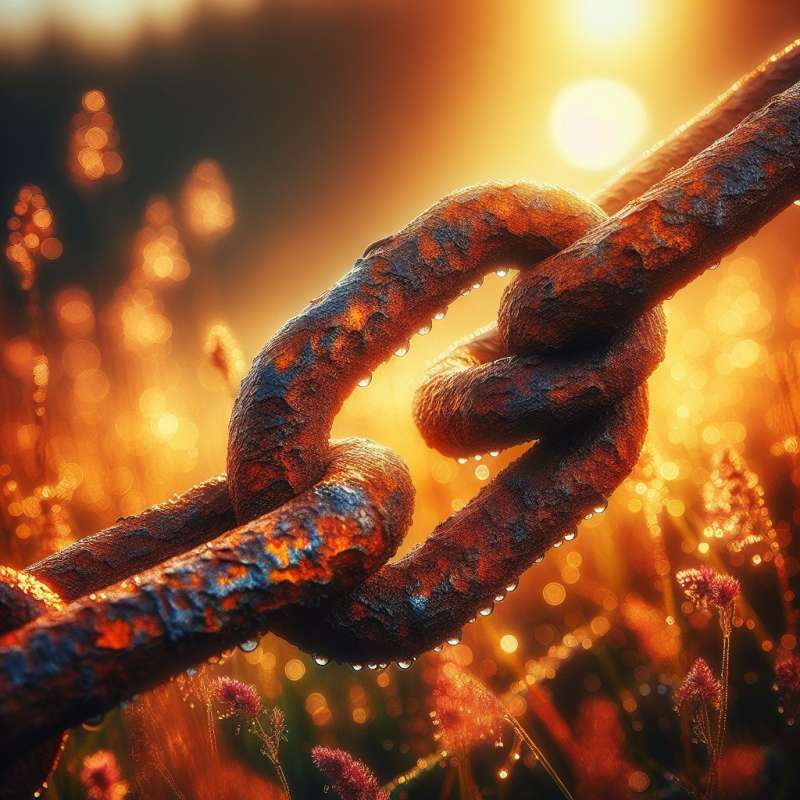
Irreversible Reactions Defined
Irreversible reactions are processes that cannot revert to their original state. Unlike reversible reactions, they don't reach equilibrium and typically release energy in one direction, leading to permanent change.
Cooking an Egg
Frying or boiling an egg is a chemical change where proteins denature irreversibly. This process transforms the egg's structure, making it impossible to return to its raw state.
Burning Firewood
Combustion of wood is an irreversible reaction. It converts wood into ash, water vapor, and carbon dioxide, releasing heat and light. This process cannot be reversed, showcasing energy's one-way flow.
Rusting of Iron
Iron oxidizing into rust is a slow, irreversible chemical reaction. The new compound, iron oxide, fundamentally changes the metal's properties and cannot spontaneously revert to pure iron.
Setting of Cement
Cement hardening is an irreversible reaction. Once water is added, hydration occurs, turning the mixture into a solid, durable material that cannot be returned to its powdery form.
Photosynthesis
Photosynthesis transforms carbon dioxide and water into glucose and oxygen using sunlight. This complex, irreversible reaction is vital for plant growth and cannot be undone naturally.
Digesting Food
Food digestion involves irreversible chemical reactions. Enzymes break down complex molecules into simpler ones for absorption, a process that cannot be reversed within the body.
Do irreversible reactions reach equilibrium?
Yes, they eventually reach equilibrium
No, they do not reach equilibrium
Only in the presence of catalysts
Company